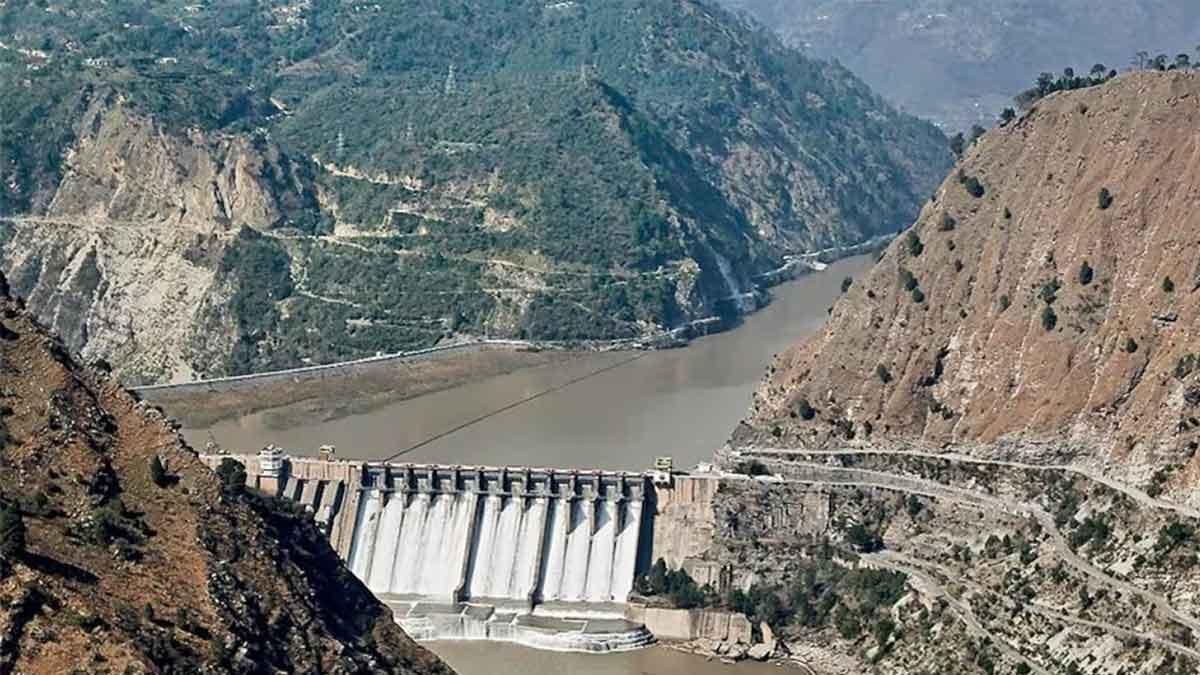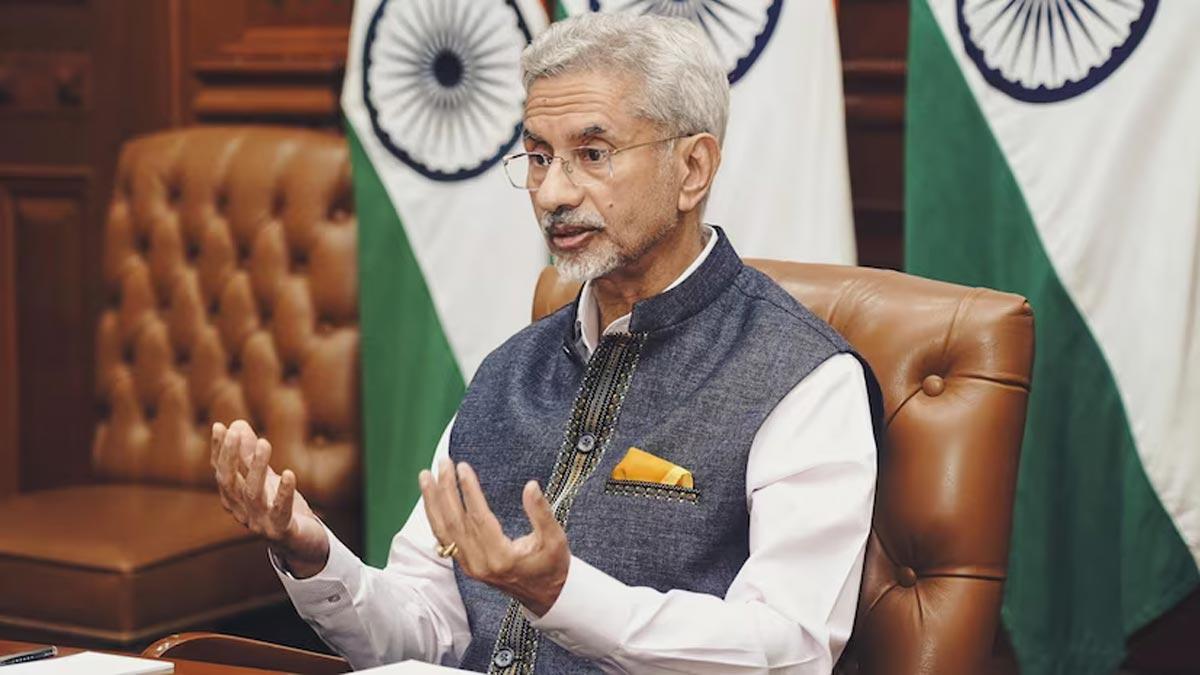Only days after Indian Armed Forces dealt a crushing blow to Pakistan's defense infrastructure, Islamabad has apparently contacted New Delhi, calling for the revival of the Indus Waters Treaty, which India suspended recently.
Pakistan's Ministry of Water Resources has officially written to India, calling for the resumption of water flows into its land under the longstanding Indus Waters Treaty, as per media reports.
Signed in 1960, the Indus Waters Treaty has been an essential water-sharing bilateral treaty between the two nations, holding on for over 60 years.
The appeal comes after India suspended the treaty due to a terror attack purportedly backed by Pakistan. The terror attack happened in Pahalgam, a region in Jammu and Kashmir, on April 22, killing 26 civilians, including several tourists.
Referring to issues of national security, the Indian government has put the treaty on hold until Islamabad makes verifiable and irreversible moves to eliminate its patronage of terrorism.
The move was approved by the Cabinet Committee on Security (CCS), India's highest strategic decision-making body, the first time India has halted the World Bank-facilitated agreement.
In its communication with the Ministry of External Affairs, Pakistan warned that ongoing suspension of the deal would lead to an internal crisis.
At his first address post successful Operation Sindoor, Prime Minister Narendra Modi reiteratively supported the tough stance taken by the government.
"Blood and water can't flow simultaneously," Modi told a delegation led by Rukanuzzaman Sheikh.
"Talks and terror cannot be on simultaneously. Terror and commerce can't occur concurrently."
In spite of Pakistan's objection, Indian officials have turned down the plea, pointing towards what they call Pakistan's continued employment of terrorism as a state policy.
Pursuant to the structure of the treaty, Pakistan was extended rights on the western rivers—Indus, Jhelum, and Chenab—and India was left with control over the eastern rivers—Sutlej, Beas, and Ravi.
India has now drawn out an exhaustive three-phase plan—covering the short, medium, and long term—to stop the Indus waters from flowing into Pakistani land.
Union Jal Shakti Minister C.R. Paatil asserted that efforts are on to make the best use of every drop of water within the boundaries of India.
Foreign Ministry Spokesperson Randhir Jaiswal reiterated the government's stance, and he said, "The Indus Waters Treaty was built on friendship and goodwill. Pakistan has destroyed these principles by enabling cross-border terrorism for decades."
This firm stance follows in the wake of Operation Sindoor—a swift military action launched after the Pahalgam massacre—which temporarily resulted in a ceasefire agreement. India, however, has kept its terms clear: any future interaction with Pakistan will be about two matters only—shutting down terrorism and the retrieval of Pakistan-Occupied Kashmir.
According to the initial terms of the 1960 treaty, India was granted approximately 30 percent of the Indus River system's water, whereas the other 70 percent went to Pakistan.
With the treaty in suspension, the Modi government will be likely to proceed with long-pending hydroelectric projects. A senior-level meeting is likely to take place this week that includes Home Minister Amit Shah, Jal Shakti Minister Paatil, Power Minister Manohar Lal Khattar, Agriculture Minister Shivraj Singh Chouhan, and senior officials of the concerned ministries.
Ever since the suspension of the treaty, there have been two decisive strategy meetings already involving Amit Shah, C.R. Paatil, and top Ministry officials, as the government presses on with firm action on managing water resources.


















